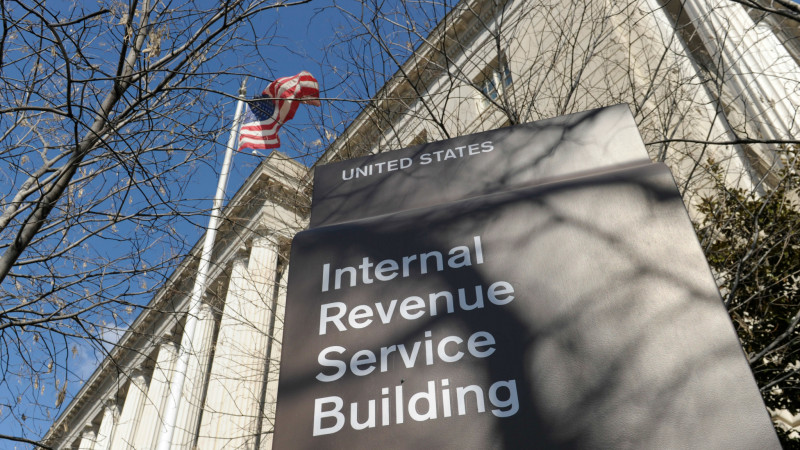Supposedly the State of Alabama owns 6,560 individual pieces of real estate. The State “supposedly” owns them because the database from which this information comes, the State Department of Conservation and Natural Resources’ (DCNR) “State-Owned Land Registry,” is replete with low-quality information. For instance, 1,957 of the 6,560 property listings have no explanation of how they are used by State government. 1,597 have no name or description.
If the State entities which own and manage these properties don’t have the self-discipline or resources to even report the use and description, how can they be expected to properly manage the very same property? Although the database fails to provide complete information on State-owned property, the information provided gives insight into the State’s more interesting holdings.
The State owns structures such as:
- Baywatch Marina, Sunset Grill
- Winn-Dixie Prattville
- Governor’s Beach Mansion
- Unnamed Abandon [sic] Building
The reasoning behind such bizarre property holdings is not explained in the Registry. In comparison, the Department of Examiners of Public Accounts maintains a database of property the State leases from private entities. This database offers thorough information which includes names, addresses, annual lease cost, and square footage.
Unfortunately, the DCNR lacks resources and authority to require State agencies to provide complete information on State property holdings. With no funds to obtain the information and no consequences for agency non-compliance, the DCNR cannot properly maintain the “State-Owned Land Registry.” Without complete and accurate information, the State impairs its ability to effectively manage publicly-owned property. Among other benefits, obtaining information on all of the State’s property creates the opportunity to sell, lease, or repurpose unused property and generate much needed relief for State budgets.
On February 4, 2014, Rep. Paul DeMarco’s (R-46) House Bill 20 (HB20) unanimously passed the House. HB20 “require[s] the [State Department of Finance] to develop and maintain an automated inventory of all facilities and lands owned, leased, rented, or otherwise occupied or maintained by any [State entity].” Also, Rep. DeMarco introduced HB19, a similar bill regarding the digital inventory of State personal property. HB20 offers a first step toward adequately managing State property. Information included in a State property database should at least include physical address, ownership status, lease data, occupant information, and square footage. To encourage compliance, the Legislature should penalize agencies failing to provide required information by withholding any agency funding used to purchase property or make capital improvement.
Alabama must gather comprehensive information on property owned and leased by the State in an effort to provide transparency to the public and enable more effective decision-making by agencies and the Alabama Legislature.
.
Andrew Kinnaird is a policy analyst for the Alabama Policy Institute (API). API is an independent non-partisan, non-profit research and education organization dedicated to the preservation of free markets, limited government and strong families.
If you would like to speak with the author, please call (205) 870-9900 or email him at andrewk@alabamapolicy.org.





